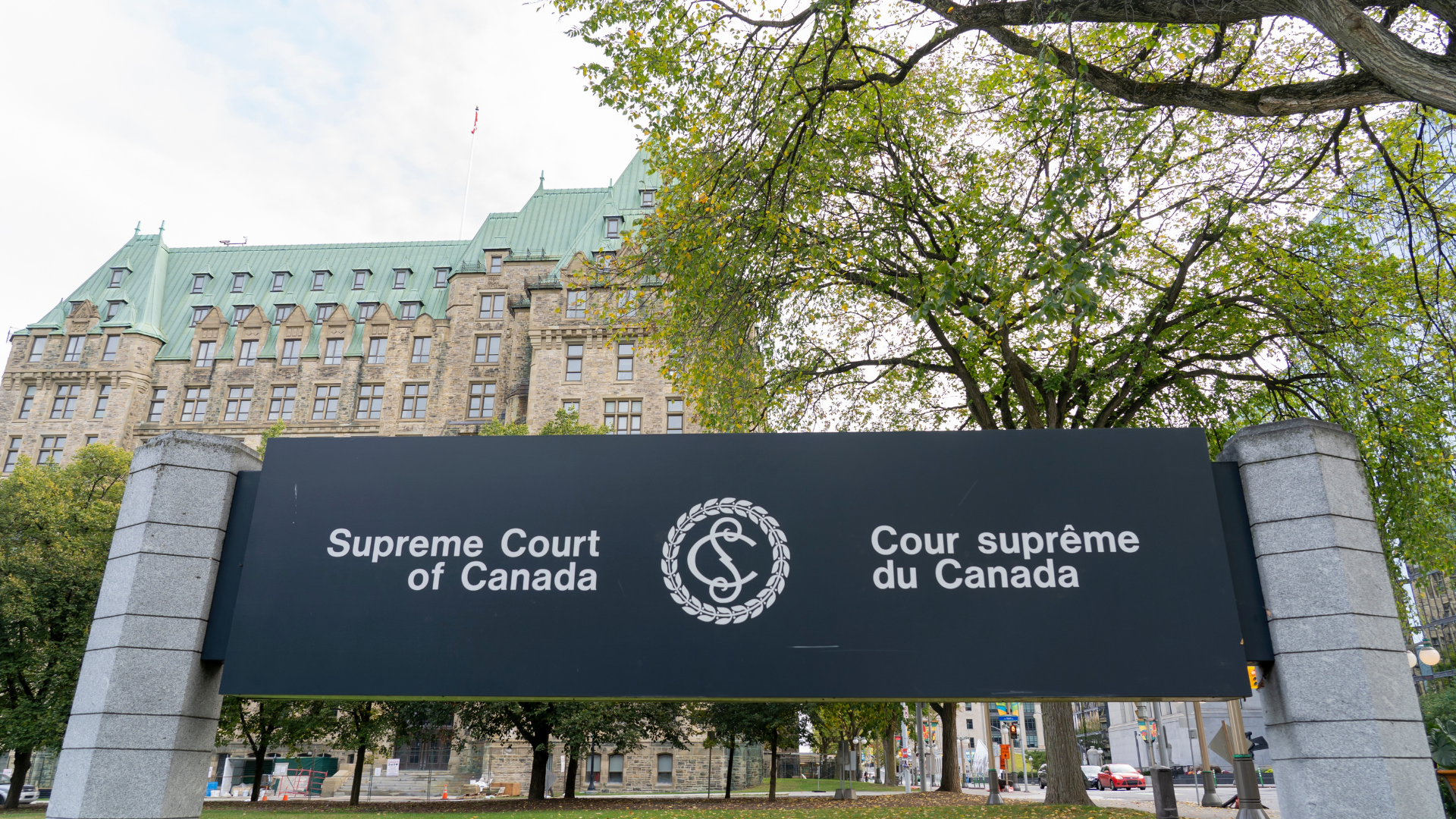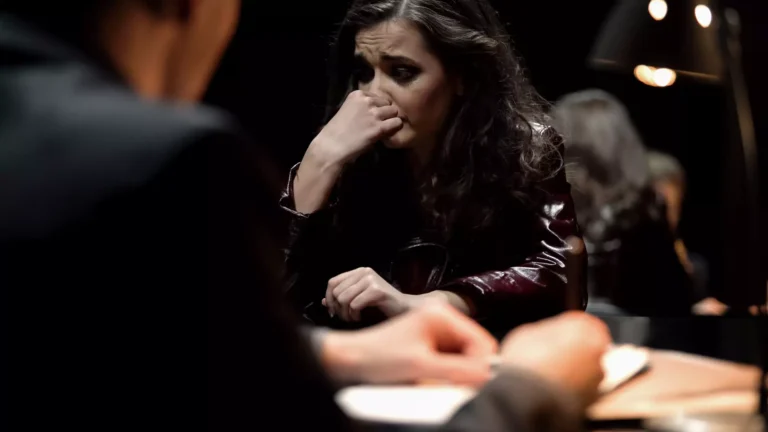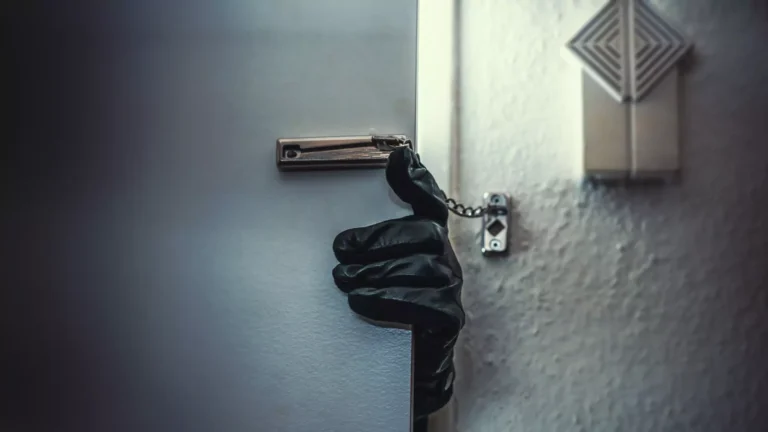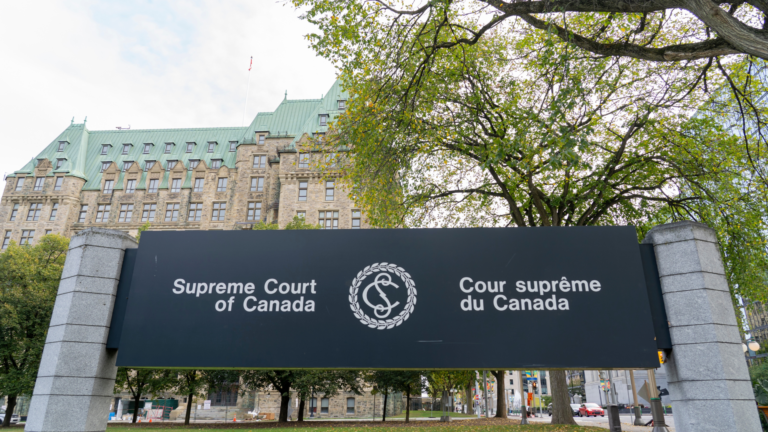Understanding the legal shift in Canada’s extreme intoxication defence, from key Supreme Court rulings to the enactment of Bill C-28 and its impact on criminal law.
The legal landscape surrounding the use of extreme intoxication as a defence in Canadian criminal law has undergone significant changes due to recent Supreme Court rulings. These decisions have profound implications for both current and future criminal cases involving substance use.
This blog delves into the historical context of this defence, examines the pivotal Supreme Court cases, and discusses the subsequent legislative responses and their broader impact.
Historical Context of Extreme Intoxication Defence
The defence of extreme intoxication in Canada traces its roots to the 1994 Supreme Court case R v Daviault. In this landmark decision, the Court recognized that, in rare instances, an accused could be in such a state of intoxication that they were akin to automatism, lacking voluntary control over their actions. This recognition allowed for the possibility of using extreme intoxication as a defence in crimes of general intent.
However, in response to public concern over this ruling, Parliament enacted Section 33.1 of the Criminal Code in 1995. This provision barred the use of self-induced intoxication as a defence for violent offences such as sexual assault and manslaughter.
For years, this law remained largely unchallenged until recent cases brought it back into the spotlight.
The Supreme Court’s Recent Rulings
On May 13, 2022, the Supreme Court of Canada revisited the issue in the cases of R v Brown and R v Sullivan.
R v Brown
In R v Brown, the accused argued that Section 33.1 infringed upon his Charter rights. The Court unanimously agreed, declaring Section 33.1 unconstitutional as it violated sections 7 and 11(d) of the Canadian Charter of Rights and Freedoms. The ruling stated that individuals should not be convicted of crimes without proof of intent or voluntary action.
R v Sullivan
Similarly, in R v Sullivan, the Court reinforced this stance, emphasizing that while protecting the public from violent crime is crucial, it must not come at the expense of constitutional rights. The ruling underscored the need for laws that balance public safety with fundamental legal principles.
For a full review of the Supreme Court’s decision, visit the Supreme Court of Canada’s official ruling.
Constitutional Challenges and Section 33.1
The constitutional challenge against Section 33.1 was primarily based on the argument that it imposed criminal liability without requiring proof of intent or voluntary action, which directly conflicted with the principles of fundamental justice under Section 7 of the Canadian Charter of Rights and Freedoms.
One of the core issues was that self-induced intoxication leading to automatism does not constitute a voluntary act, a fundamental requirement for criminal responsibility. Critics argued that Section 33.1 violated Section 7 of the Charter, which guarantees the right to life, liberty, and security of the person. By imposing criminal liability on individuals who were unable to control their actions, the law was seen as punishing individuals without true criminal intent.
Additionally, Section 11(d) of the Charter, which guarantees the presumption of innocence, was also found to be violated. The law effectively removed the burden of proof from the prosecution by automatically convicting individuals who had no intent to commit a crime.
The Supreme Court ruled that these violations could not be justified under Section 1 of the Charter, which allows for reasonable limits on rights and freedoms if they can be demonstrably justified in a free and democratic society. The Court found that while public safety is an important objective, convicting individuals without proof of voluntary action or intent was too extreme a measure.
Ultimately, the ruling deemed Section 33.1 unconstitutional, leaving a legal gap that Parliament had to address swiftly.
Parliamentary Response to Supreme Court Decisions
Following the Supreme Court’s decision to strike down Section 33.1, Parliament responded by passing Bill C-28 on June 23, 2022. The goal of this legislative amendment was to reinstate criminal liability for acts of extreme intoxication while ensuring that the revised law aligned with constitutional principles.
Key Changes in Bill C-28
The new legislation amended Section 33.1 to include stricter conditions under which an accused can be held criminally responsible. The revised law introduced a “foreseeability standard,” which means that individuals can be held accountable if:
- They voluntarily consumed intoxicating substances that led to extreme intoxication.
- It was reasonably foreseeable that their substance use could cause them to lose control of their actions.
- They failed to take reasonable precautions to prevent such a loss of control.
Why Was This Amendment Necessary?
The Supreme Court’s decision raised concerns among advocacy groups and legal experts about the potential misuse of the extreme intoxication defence, particularly in violent crimes such as sexual assault and homicide. Parliament acted swiftly to strike a balance between individual rights and public safety, ensuring that the law would not allow intoxication to be used as a blanket defence.
By introducing the foreseeability standard, the new law shifts the focus onto the responsibility of individuals before they consume substances. If an individual knowingly takes drugs or alcohol that are likely to cause a loss of control, they can still be held criminally responsible for their actions.
However, defence lawyers [check out the role of criminal defence lawyer in detail] argue that the amendments still leave room for interpretation, and it remains to be seen how courts will apply this standard in future cases. It places an increased burden on expert testimony and forensic evidence to determine whether an accused’s state of intoxication met the legal threshold for the defence.
For details on Bill C-28 and its implications, visit the Department of Justice Canada.
Implications for Current and Future Criminal Cases
These developments have significant ramifications for criminal law practice in Canada. Defendants may now invoke extreme intoxication as a defence, but they bear the burden of proving that their intoxication was so severe that it rendered them incapable of voluntary action.
This places a heightened responsibility on both defence and prosecution teams to thoroughly assess the extent of intoxication and its effects in each case. In addition, there is now a burden on the accused and his or her counsel to counter an argument that the accused, perhaps through his or her history, would have reasonably foreseen that their level of intoxication could lead to a state of intoxication.
The Criminal Law Team, a leading criminal law firm in Toronto, has extensive experience handling complex legal defences. Their top criminal lawyers Toronto are skilled in navigating the nuances of intoxication-based defences, and other defences where the accused’s mental state is at issue, thus ensuring that clients receive expert legal representation.
Public and Legal Community Reactions
The Supreme Court’s decisions and the subsequent legislative amendments have elicited diverse reactions.
Legal Experts’ Opinions
Many legal experts acknowledge the necessity of upholding constitutional rights. However, some express concerns over potential challenges in applying the new law effectively.
Public Concerns
Public opinion remains divided, with some fearing that the defence could be misused, while others believe the amendments strike a fair balance between individual rights and public safety.
Impact on Victims and Society
The reinstatement of the extreme intoxication defence has sparked concerns among victims’ advocacy groups.
Concerns from Victim Advocacy Groups
Critics worry that this defence could be misused, particularly in cases of sexual and domestic violence.
While the Supreme Court emphasized that extreme intoxication defences are rare, advocacy groups argue that the ruling may create barriers for victims seeking justice.
Justice System Considerations
At the same time, legal professionals stress that the decision upholds fundamental justice principles by ensuring that individuals are not wrongfully convicted for actions beyond their voluntary control.
As Canada’s criminal law landscape evolves, the justice system must continuously monitor and assess how courts apply the amended provisions to ensure justice is served for both accused individuals and victims.
Conclusion
The evolution of the extreme intoxication defence in Canada underscores the dynamic interplay between judicial interpretation and legislative action. As the legal community adapts to these changes, it is imperative to monitor how courts interpret and apply the amended provisions to ensure justice is served while upholding constitutional principles.
For those facing criminal charges where substance use is a factor, seeking experienced legal representation is crucial. The Criminal Law Team, a leading criminal law firm in Toronto, comprises top criminal lawyers Toronto dedicated to providing robust defence strategies tailored to each client’s unique circumstances. Understanding the complexities of defences like extreme intoxication requires the expertise of seasoned professionals committed to upholding justice and protecting individual rights.
Note: For a comprehensive understanding of the legislative amendments, refer to the official report by the Department of Justice Canada.







